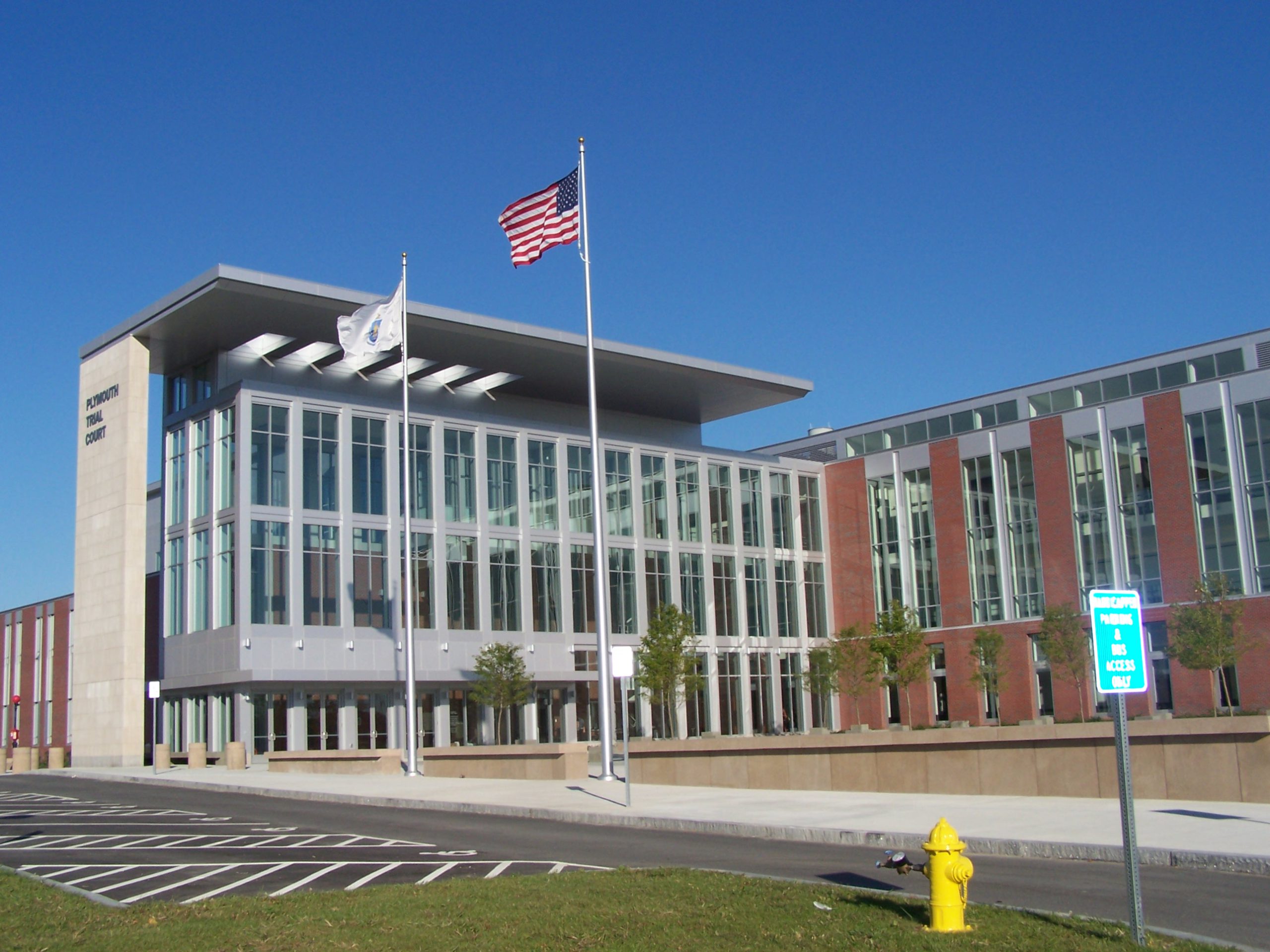
As we noted in our Part 1 assessment of the new Massachusetts Uniform Probate Code (a.k.a. “MAUPC”), the legislation has been delayed yet again by the Massachusetts Legislature, this time until April 1 of 2012. Still, there has been no shortage of talk relating to the expected effects of these laws among Massachusetts probate attorneys in anticipation.
The delays stem from unresolved ambiguities that the courts will need to address when implementing the code, but this article will only talk about the basics. Generally, the purpose of this new probate regime is to integrate the efficiencies in probate law that have developed throughout the United States. In the end, the goal is to ensure that the process is not too costly or burdensome for the Massachusetts Probate Courts and families alike.
So the MAUPC’s provisions aim to make a number of improvements in order to achieve this goal. Some changes deal merely with inflation, like the increases in family exemption and involuntary probate thresholds noted in Part 1 Massachusetts Uniform Probate Code Assessment. An example of a more complex change is the distinction between “informal” and “formal” probate, where the probate court very minimal role with fewer technical requirements in uncontested estates. Below we have noted some more of the changes to take place.
Adjustments in the New Massachusetts Uniform Probate Code – Who Takes?
As a general overview the order of inheritance from an decedent’s (deceased person) estate will pass as follows 1) The spouse, 2) Any descendants, 3) Parents, 4) To parents’ descendants (decedent’s brothers and sisters) and 5) Next of kin (closest blood relations).
The new MAUPC seems to not only account for the modern costs attributed to family and probate, but also for the modern family itself. In essence it simplifies the older law that relied on a formula to divide the inheritance among spouse and children. At the same time, it creates exceptions for distributions when a family is comprised of children from other relationships.
In many instances, e.g. when the decedent leaves no children or parents, or if all children left were had between the decedent and spouse, the entirety of the estate will go to the surviving spouse. In other instances the spouse’s share will be reduced, to a small extent if the decedent leaves parents behind, and to a greater extent if either the decedent or surviving spouse have children from both within and outside the marriage.
Adjustments in the New Massachusetts Uniform Probate Code – How Much?
A minor adjustment to the laws of intestacy (meaning death without a will) in Massachusetts is the manner by which later generations will take a share in the estate. Under the traditional “Per Stirpes” system each child would take an equal share, and any grandchildren of a deceased child would take an equal share of that share. So if there were 3 children, and one of the children was already deceased leaving 2 grandchildren to inherit, each grandchild would take a 1/6 share of the estate.
A good and memorable phrase that describes the new system is “Equally Near is Equally Dear.” It is similar to the old system, except that after shares are distributed to the survivors of the first generation, they are pooled together and then distributed equally again to any survivors of successive generations. So if 2 of the original 3 children were already deceased under this system, and had left a total of 3 grandchildren to inherit, those 3 grandchildren would take an equal share of the 2/3 pooled from the deceased children (1/3 x 2/3 = 2/9, so each child gets a 2/9 share under this system). This new system is called “Per Capita at each Generation.”
Priority for Appointment
If a will exists, or even if there is no will, the Massachusetts Uniform Probate Code has in place a “ladder” or a prioritized list of people who may be appointed as the personal representative. This person is necessary in both formal and informal probate proceedings, and the ladder is in place in the event that the named person in a will is unable or unwilling to serve.
Generally the order is as follows: 1) The nominated person under a will, 2) The surviving spouse of the decedent who is also a devisee (receiving a gift) in the will, 3) Other devisees in the will, 4) The surviving spouse in the will, 5) Other heirs of the decedent, 6) If all else fails, the court will appoint a public administrator.
Exemptions and Allowances
The new Massachusetts Uniform Probate Code incorporates additional provisions that operate to protect the spouse and family immediately after the time of death. These protections are enhancements to earlier laws that provided merely a basic level of sustenance to surviving family members.
An example of this protection is the spousal exemption for up to $10,000 of personal property owned by the decedent. Just as it sounds, the surviving spouse (or child, if no surviving spouse) may retain personal property (e.g. furniture or vehicles) valued up to that amount of money regardless of other claims on the estate.
In addition, the personal representative can make use of what is called a “discretionary family allowance.” This allowance provides for up to $18,000 in a lump sum or $1500 per month to be paid to the spouse or child during the first year of administration.
Unresolved Issues and Delay for Implementation
Unfortunately many of the new provisions are so far untested within the State of Massachusetts, so that local practitioners are not yet sure how actual probate cases will play out under the new Massachusetts Uniform Probate Code. While most, (like the Cape Cod probate attorneys at this particular office), would like to see the law passed as soon as possible in order to iron out the kinks, the Massachusetts legislature has delayed the MUPC enactment on 2 different occasions already.
The issues that need resolution before the bill goes into effect mainly involve the passage of the Massachusetts Uniform Trust Code (MUTC). Like the MUPC, the MUTC implements well thought out measures to significantly overhaul existing State laws for better accessibility and understanding to the public. Because these codes overlap with one another, the legislature and many practitioners would prefer to pass the whole bill all at once. We shall see.




